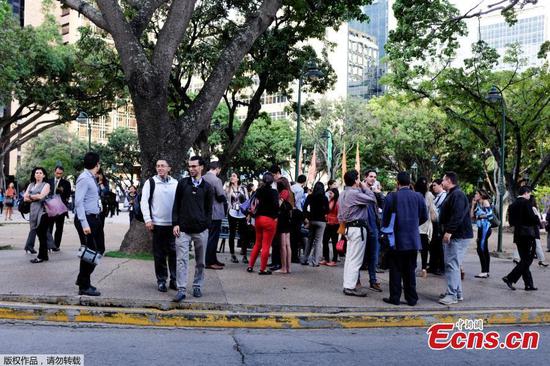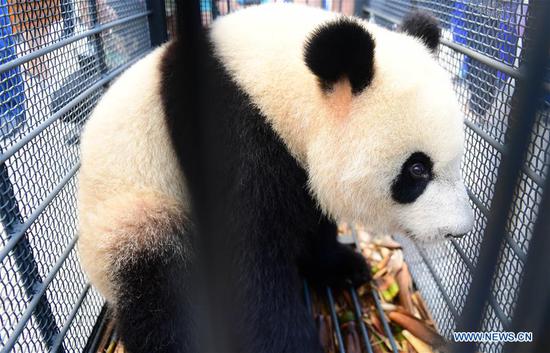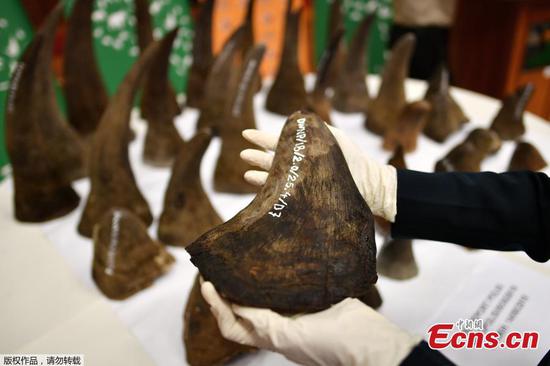
Gibbs, a soybean grower from North Dakota, called the US trade tensions with China “devastating.” /CCTV Photo
Soybean farmers in North Dakota, U.S. were expecting their most important customers - trade delegations from China, India, Italy and Spain in September, but only to be informed that the visits this year have been canceled amid trade tensions.
This comes at a critical time for American farmers, who usually use these annual visits to fill orders right after the harvest and make new business connections.
"They indicated it was not the right political time to visit," said Simon Wilson, executive director for the North Dakota Trade Office, who tried to salvage the visits.
He introduced that some of the delegates who were supposed to come represented new buyers and were each expected to make purchase orders of up to 200 metric tons.
"That's a substantial amount," Wilson said. "These delegations are not social visits. They are coming here to buy. It's about building relationships and making the deal."
China has imposed a 25 percent tariffs on U.S. soybeans since July 6, in response to U.S. tariffs on 340 billion U.S. dollars of Chinese goods. The tariffs are expected to cause a drop of 37 percent in U.S. exports of soybeans, CNBC reported.
China is the largest buyer of U.S. soybeans, and exports to China accounted for nearly one-third of total U.S. soybean production in 2017.
Gibbs, a soybean grower from North Dakota, called the U.S. trade tensions with China “devastating” for soybean farmers like him.
“We saw a 20 percent drop in price this year. And what we are seeing in market reaction today only exacerbate the fact that we have lost our No.1 customer because of the trade wars,” he said.
India is also an important market for U.S. legumes. In the past five years, India has imported about 60,000 tons to 120,000 tons of lentils per year from the United States, accounting for nearly 23 percent of the total U.S. lentils exports.
As a counterattack against the U.S. to impose tariffs on some Indian products, India has also included U.S. lentils in the scope of tariff increases.
Among European countries, Italy and Spain are major buyers of U.S. soybeans. Although the two countries and the U.S. do not involve tariffs on soybeans at the moment, they also canceled their trips due to “uncertainty” in the soybean market.


















































